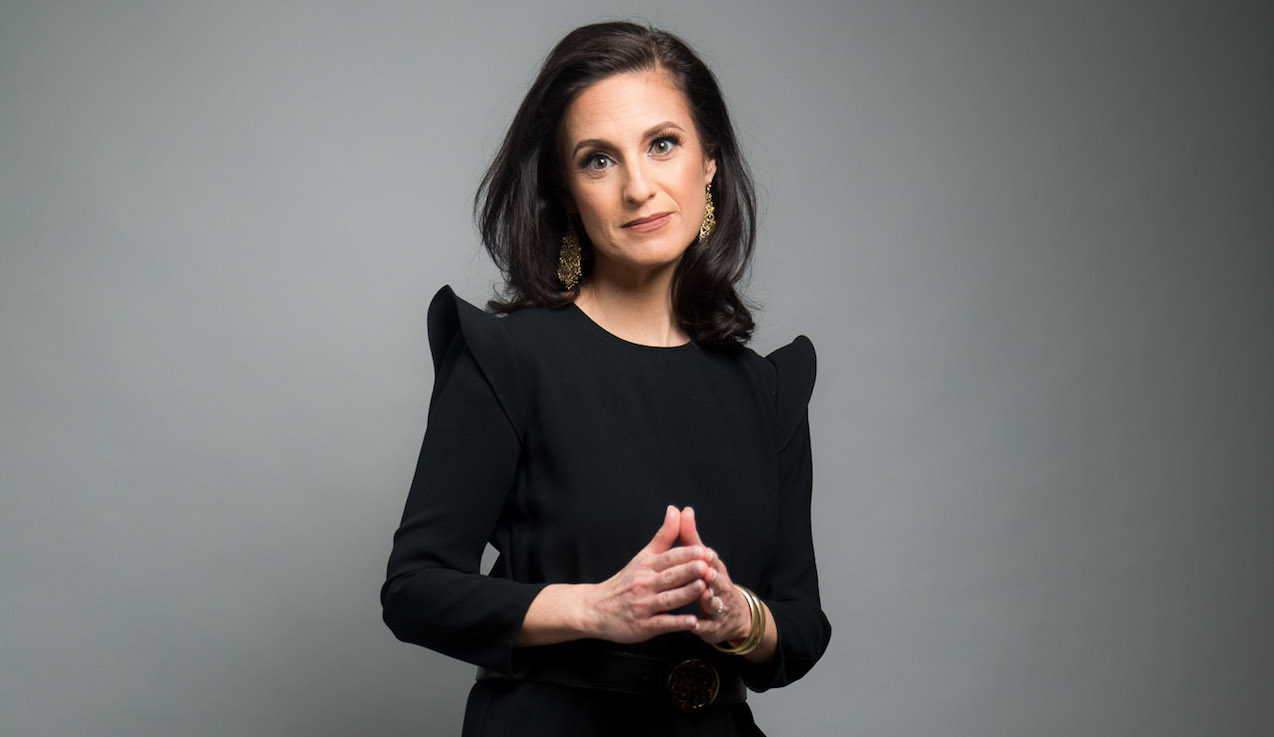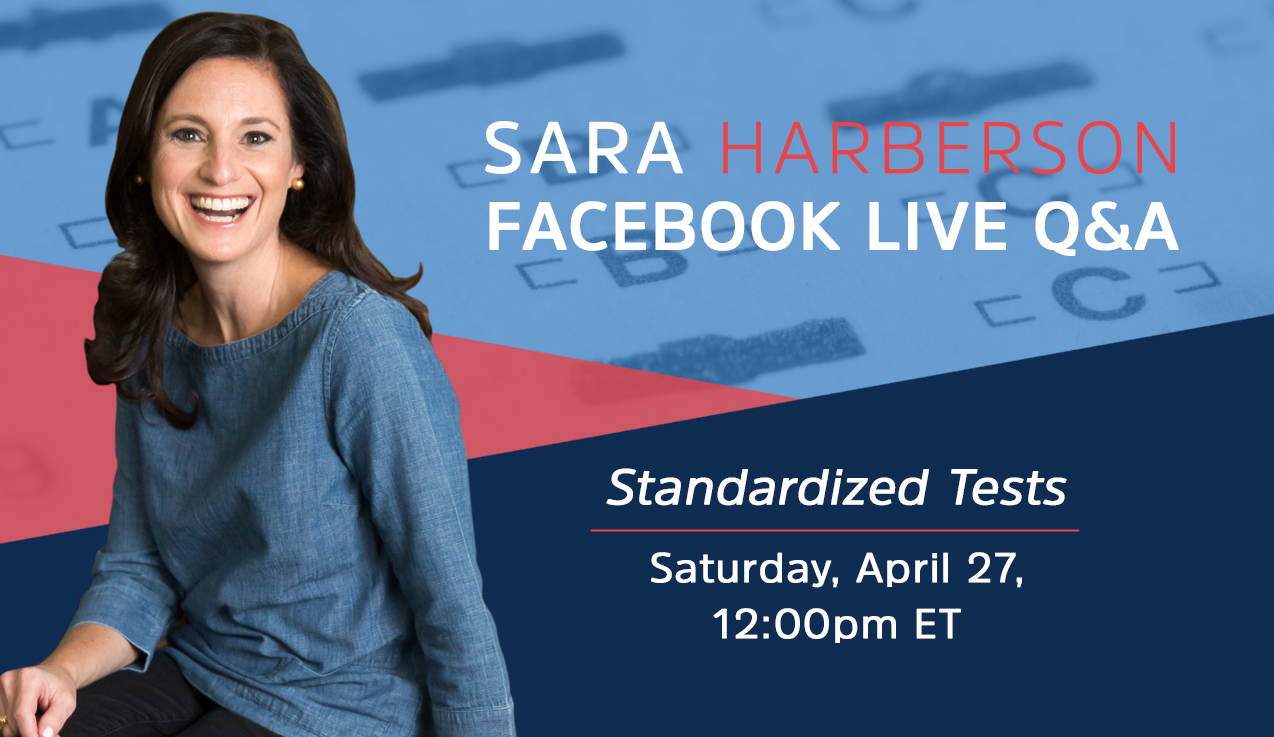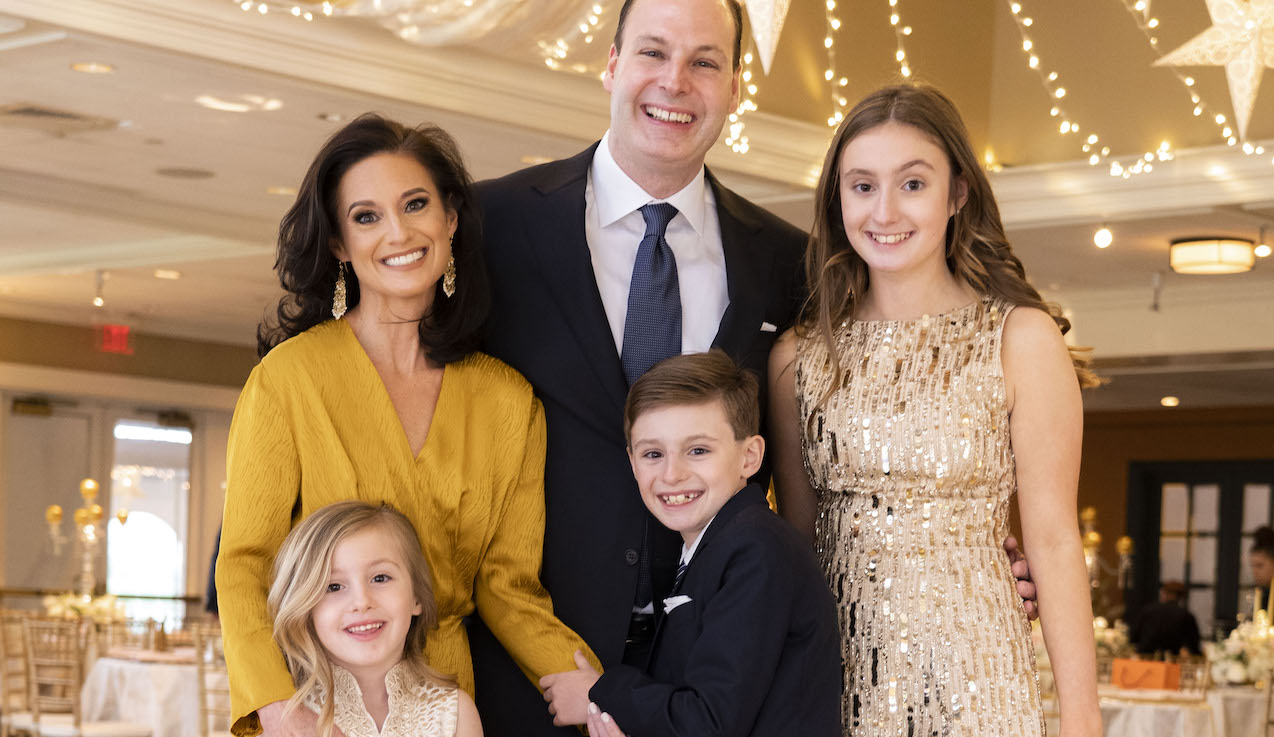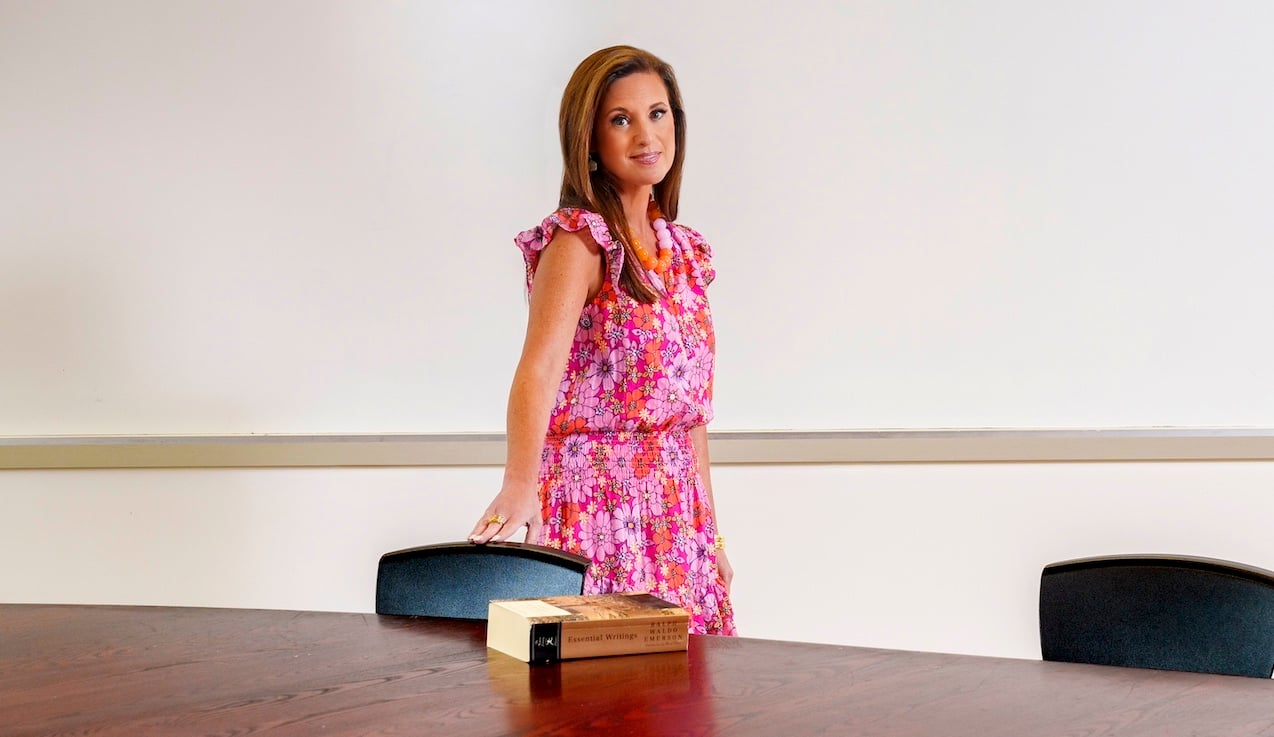On Thursday, Carnegie Mellon reached out to their waitlisted students and offered them a unique opportunity. Unlike other colleges who allow waitlisted students to send in follow-up letters and additional recommendations, Carnegie Mellon announces an essay prompt of their choice and gives waitlisted students only a few days to respond.
This year, Carnegie Mellon asked students to write a short essay of 300 words or less about Operation Varsity Blues, the admissions scandal that rocked the industry only months before. Students could suggest recommendations and changes to improve how colleges approach the admissions process. I was impressed with the institution's decision to address the elephant in the room and encourage students to provide their voice to the biggest admissions scandal in history.
The 2018-2019 admissions cycle would have made the history books even if Operation Varsity Blues never happened. In the fall amidst the deadlines of Early Decision and Early Action, Harvard University was in the news almost on a daily basis as their longstanding dean of admissions was in federal court defending his office's admissions practices. Harvard is being accused of violating federal law and discriminating against Asian American applicants. The ruling for the case is expected to be handed down any day. Regardless of the decision, legal experts anticipate appeals that could end up in the U.S. Supreme Court. Allegations of racial discrimination among elite colleges have been swirling for years. Harvard is just the unlucky target this time, but there will likely be more cases to follow.
And in the weeks leading up to final admissions decisions, yearbook pictures surfaced of the Wake Forest University's dean of admissions and associate dean of admissions posing with the Confederate flag in the background. Both individuals had attended Wake Forest as undergraduates and their college pictures served as a reminder that the flag was a staple at one of the country's most respected universities only a few decades ago. This story did not reach the level of national attention that the admissions scandal and case against Harvard did, yet it was an interesting juxtaposition where the arbiters of our kids' applications got a taste of what it is like to be judged.
As we consider this historic year, it is clear that the college admissions process has been changed forever. Students applying to college in the fall will face a revamped process that will likely have more checks and balances in place:
- "Verification" will become the buzz word in college admissions for the 2019-2020 cycle. Activities lists, transcripts, test scores, letters of recommendation, and even essays will probably be verified to ensure that they are authentic. Believe it or not, most colleges took a student's word for what they listed on their application before the admissions scandal. Mark my words, those days are over.
- Receiving extra time and special accommodations for standardized tests like the SAT and ACT will become harder to get, even for those students who truly need these options based on well-documented medical and psychological conditions. While some of the students involved with the admissions scandal claim they had no knowledge that their parents arranged for their tests to be altered, this happened because they were given special accommodations on the test day which enabled cheating to occur.
- Phone calls, letters of recommendations, and "putting in a good word" for applicants is going to be tricky for alumni, VIPs, and other key members of a university community. Admissions offices will need to be very careful handling these delicate cases as they don't want to appear to be giving unfair advantages to students with powerful connections.
- Admissions offices will invest in training their admissions staff better in the face of cases and lawsuits against them. Sensitivity, diversity, and legal training will be necessary for admissions officers moving forward to reduce both bias and special treatment of certain student groups in their applicant pool.
- Recruited athletes (and all applicants) will go through a much more rigorous admissions review than ever before. College coaches, athletic administrators, and admissions deans will be monitored for impropriety or unethical behavior as it relates to all applicants.
This year's admissions cycle was defined by scandal, skeletons, and scrutiny. The events of this past year thrust the college admissions process into the headlines and confirmed what many had suspected for years. Change is happening whether Harvard is found guilty of racial discrimination, whether more people are indicted in Operation Varsity Blues, or additional evidence is uncovered of admissions staff behaving in ways that would keep any student from being admitted to their university. Students may have to adjust their approach, but nothing compares to the sweeping changes that colleges must implement in order to regain the public's trust.












